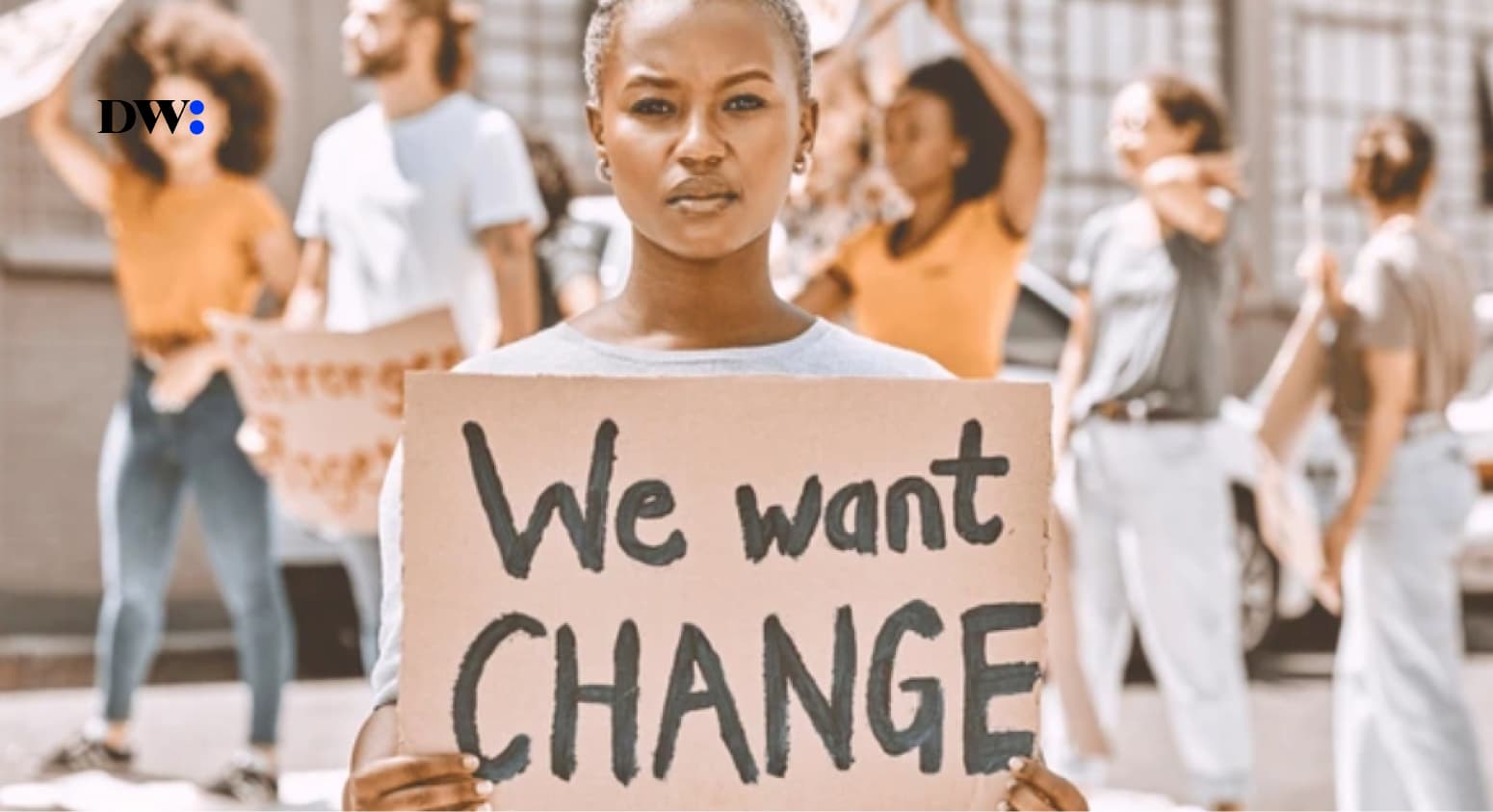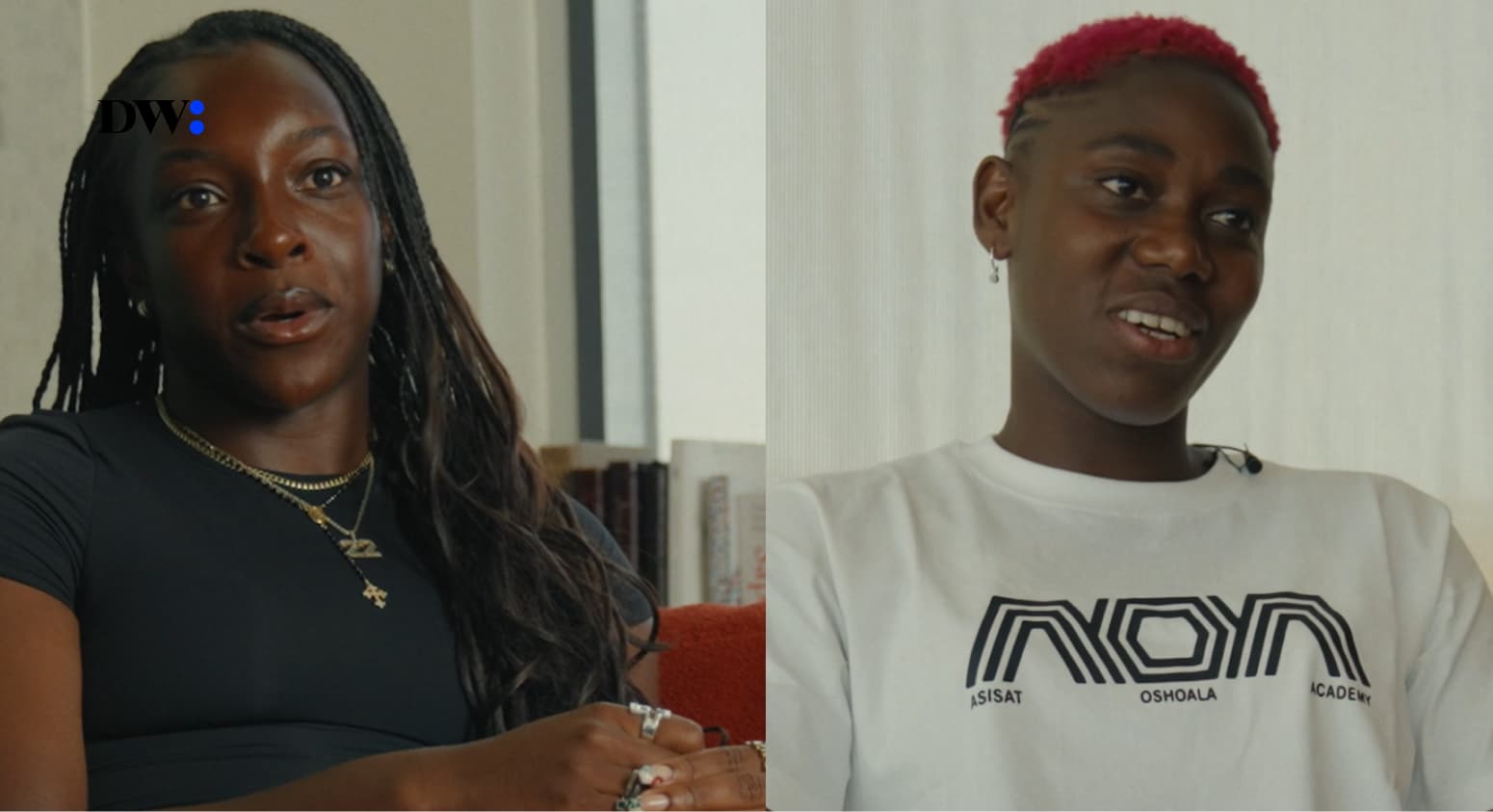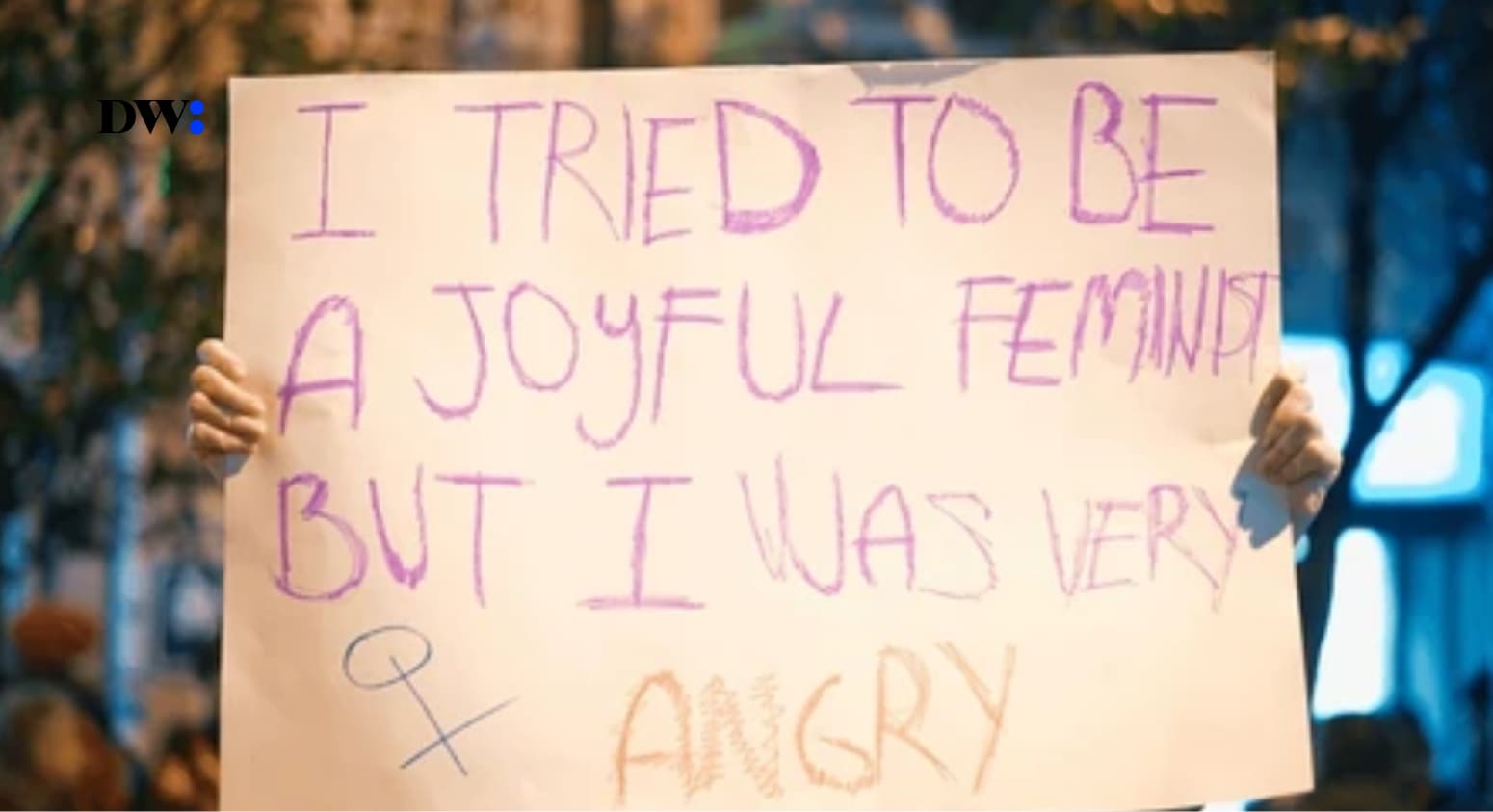Joy Shu’aibu is the Director of Programme Operations for Nigeria at Sightsavers. Sightsavers works across Africa and Asia to end avoidable blindness, treat and eliminate neglected tropical diseases (NTDs), and promote equality of opportunity for people with disabilities.
Dr Shu’aibu is a 14-year public health professional with post-graduate training in family medicine. Joy was instrumental in developing the neglected tropical diseases (NTD) program, which has ensured that those in displaced persons camps in Benue State, Nigeria’s North Central region, receive treatment for debilitating neglected tropical diseases.
What motivated you to begin your work in public health?
My motivation for working in public health is the opportunity it provides to help transform communities. At Sightsavers, we focus on low-income and marginalised communities who do not have easaccessess to basic health services. Improving health has a ripple effect on society and the economic, social, and physical well-being of individuals.
Can we talk about your work with Sightsavers?
By training, I am a doctor and I have a fellowship in family medicine and a master’s in public health. I decided to take the knowledge and skills I built doing that into the international development sector and joined Sightsavers about seven years ago. Sightsavers works across Africa and Asia to end avoidable blindness, treat and eliminate neglected tropical diseases (NTDs), and promote equality of opportunity for people with disabilities.
I have had several roles here, but I am now the Director of Programme Operations for Sightsavers in Nigeria. My role is to oversee a variety of different programmes in NTDs, eye health, inclusive education, employment and health.
Two of the main areas of my work are tackling NTDs, such as blinding trachoma, and making sure our programmes are inclusive. We want to ensure we reach women, displaced people, and people with disabilities. No one should be left behind when it comes to tackling health issues.
You seem to be particular about neglected tropical diseases. Is there any motivation behind that?
NTDs are a group of debilitating, sometimes fatal, diseases that impact the most marginalised communities globally. But they can be prevented, treated, and in many cases, eliminated.
The impact of tackling NTDs ripples through society, alleviating poverty as more people can resume economic activity and attend school. This ultimately improves prospects for individuals, communities and nations. The work behind eliminating NTDs will also reduce the burden on, and strengthen, health systems.
What are some of the challenges you’ve encountered working in the Nigerian Public health space?
Nigeria has the second-highest NTD burden in the world and carries about 25% of Africa’s NTD burden. That’s a big challenge to deal with. One of the things that we grapple with, especially as we near the goal of eliminating trachoma, is dwindling funding.
My fear is that, if we do not have continuous investment, we will lose the progress we have made and all the effort will not be accounted for. There’s a need for us to continue to invest in surveys and assessments so that we can provide the evidence required to show that we are working towards the elimination of NTDs in Nigeria.
Secondly, the United Nations Sustainable Development Goals (SDGs) clearly outline the goal of making sure that no one is left behind. But health systems are not always sensitive and responsive to inclusive health. It is not that governments and health professionals don’t want to be inclusive, but they don’t always know how to be.
That’s why when we look at systems, whether that’s health or education, we identify those who are likely to be left behind, including people with disabilities. If we want inclusive health and education systems, then there are lots of stakeholders that need to come into play.
They need to speak to each other, work together, and agree on how to take things forward. The danger is, if we neglect people who are marginalised, then achieving the SDGs will be almost impossible.
What is it like to create awareness of NTDs? How receptive is your audience?
I enjoy and I am passionate about creating awareness of NTDs. The response we get, when we explain what NTDs are and their impact on people’s lives, ranges from surprise and shock to empathy. The challenge is then to get everyone involved in making a difference and contributing to change.
What is it like being a woman in the public health space?
You have to be able to juggle several responsibilities. I am a woman in a leadership position, but I am also a wife and a mother. I can say clearly that none of these responsibilities have suffered. The ability to multitask and be a role model for my daughter makes me proud of being a woman.
If I have my way, I will be a woman again and again! Another challenge that women face in Nigeria is that we don’t have an equal platform to have our voices heard. That is linked to African culture, where traditionally women are expected to primarily be supportive of males because it’s a male-dominated society.
It is important for women’s voices to be heard and to have women in the public health space. To make sure that the health issues women face are addressed, and that women are given the same access to health services as their male counterparts.
You’ve worked with Benue State IDPs. Are there any cases that stand out to you?
Displaced populations are an at-risk group who are often excluded from treatment and services due to their mobility and marginalisation. As of mid-2022, it is estimated that 103 million people worldwide were forced to leave their homes because of insecurity, conflict, and climate-related issues.
Excluding this growing population from efforts to fight NTDs such as schistosomiasis, lymphatic filariasis, and river blindness, would undermine the national NTD strategy, and derail elimination efforts in Nigeria.
What challenges have you faced in the work you do?
A major hurdle I have faced in the work I do is challenging the cultural, political, and social barriers that enable the transmission of NTDs. Also, inadequate social systems to support the most vulnerable members of society including children, women, and people with disabilities.
What are some of your biggest achievements?
Nigeria is very much at the forefront of eliminating NTDs. We are successfully collaborating with other NGOs and governments to work towards the elimination of NTDs as a public health problem. One of the biggest achievements is the strides we have made in moving the country closer and closer to the elimination of trachoma.
Also, the flexibility with which we were able to adapt our programme and existing community and government structures to support the country’s response to the COVID-19 pandemic was, if I may say so, impressive. And then how we transitioned back to our pre-pandemic delivery and capacity with ease because of the systems that we developed in response to the pandemic.
The ‘leave no one behind’ principle is a priority for Sightsavers, which is why we support women with disabilities to get their voices heard and stand up for their rights. Our approach is to build the capacity of women-led organisations of persons with disability and empower them through funding and training. I am proud of this approach. It is better for them to speak up and influence decision-making that affects them, be that health, livelihoods, education, or equal opportunities.
As the well-known saying goes in the disability sector, it should always be “nothing about us without us”.
Sightsavers has a lot to contribute by making sure systems are inclusive for women and people with disabilities. We are helping to change the world in our own little corner. We share the evidence that supports the interventions we implement, which we hope will encourage others to be inclusive too.
We are helping to break the barriers and challenge the stereotypes that exist. And hope that others will join us in our vision of a world where no one is blind from avoidable causes, and where people with disabilities can participate equally in society.





